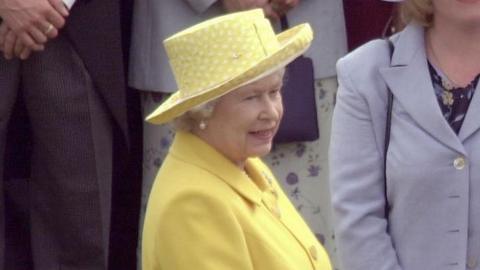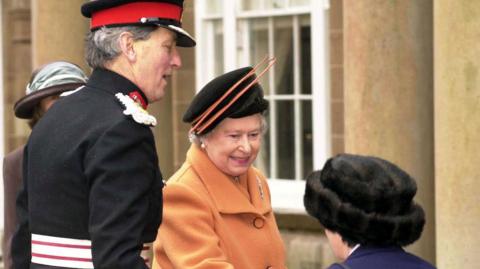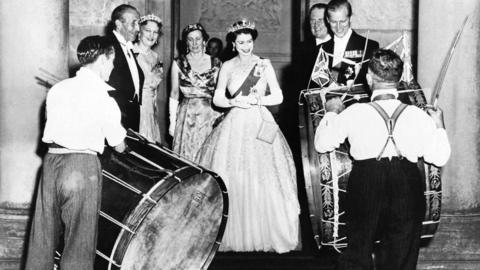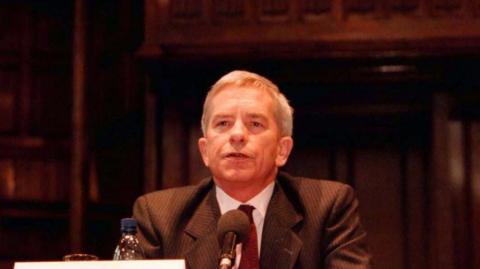Further documents released from 2002 indicate that officials from the Irish Department of Foreign Affairs were highly critical of Lord Saville's approach to chairing the Bloody Sunday Tribunal hearings.
He and his fellow judges were deemed largely responsible for "the gradual transformation of the inquiry from an "inquisitorial" forum into an adversarial "shooting gallery", an unfortunately undiplomatic analogy in the context of Bloody Sunday.
Of particular concern were the "disconcerting signs of imbalance" shown by Lord Saville in dealing with "establishment" witnesses.
The Irish observers felt he identified a "hierarchy of witnesses" and was "clearly more deferential" to the British police, military and political witnesses.
During the evidence of Gen Sir Frank Kitson, who was in operational charge of the Parachute Regiment on 30 January 1972, Lord Saville intervened to answer questions on Sir Frank's behalf.
At this mid-way point in the inquiry's hearings the Irish diplomats found it difficult "not to conclude that the families may be heading for disappointment".
Such pessimism was not realised when the inquiry's report was eventually published in June 2010, leading to the then Prime Minister David Cameron issuing an apology for the civilian deaths.
From 1999 to 2002 the inquiry made a number of approaches to the DUP leader, the Reverend Ian Paisley, to explain why a planned Democratic Unionist Association counter-protest planned for Derry on 30 January 1972 was called off.
He responded that he had "no personal recollection of the matter".



